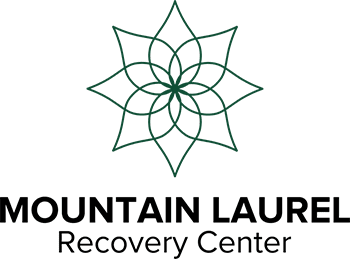An overdose happens when the body can no longer process a drug or poison.
The leading factor of an overdose is the person’s tolerance level. When someone has been abusing a substance for a long period of time, they need more and more of it to produce the same effect. If a person who has not taken that drug for a period of time picks up again where they left off, their body will not have the same tolerance level, which can cause overdose. Many people associate overdose with illegal drugs, but this is not always the case.
Here are the most common drugs associated with overdose:
- Over-the-Counter Drugs – These consistently rank as the most common drugs responsible for overdose. Some OTC drugs like cough syrups and Benadryl are used to get a cheap high. These are clearly labeled as being dangerous in high doses.
- Prescription Pain Relievers – Prescription medications such as Hydrocodone, Oxycodone, and Methadone are responsible for a large number of unintentional overdoses yearly, and the number keeps climbing. These painkillers are often prescribed following a surgery or an injury, or for a painful health condition. Many people are legitimately prescribed these medications and over time build a tolerance, therefore increasing the risk of overdose. In deaths involving other drugs or prescribed medications, opioids were also present.
Here are the statistics:
- In 77.2% of benzodiazepine deaths, patients also had opioids in their system.
- In 65.5% deaths involving anti-epileptic and anti-parkinsonism drugs, patients had opioids in their system.
- In 58% of antipsychotic and neuroleptic drug-related deaths, patients had opioids in their system.
- In 57.6% of antidepressant overdoses, patients also had opioids in their systems.
- In 56.5% of deaths due to other analgesics and anti-fever medications, patients also had opioids in their system.
- In 54.2% of deaths due to other psychotropic drugs, patients had opioids in their system.
As we can see, opioids are one of the leading contributing factors in overdose and drug-related deaths.
- Heroin – Heroin is a highly addictive drug that is easy to overdose on because the symptoms of overdose are similar to the feelings of the drug’s high.
- Cocaine – Cocaine is also highly addictive, and tolerance is easily increased with use. Cocaine can be ingested a number of ways. The highest risk of death by overdose is by injection.
- Sedatives and Antidepressants – These are as widely prescribed as pain killers.
- Drug combinations- Combining different drugs can trick the body, and one may not know when they are overdosing.
Some causes of drug overdoses can be accidental, such as when a young child gets into medication, or an elder person forgets how many medications they have taken. Other accidental overdoses occur with intentional misuse. Purposeful overdoses are when someone is intentionally trying to hurt themselves.
A popular misconception of overdose is that when someone overdoses, they become unconscious or die. This is not always the case. Different drugs affect the body in different ways. Being aware of the symptoms of overdose can help save a life.
Here are some symptoms that typically occur with an overdose:
- Difficulty breathing
- Vomiting
- Severe head pain
- Extreme agitation
- Becoming confused or delirious
- Nausea
- Weak pulse
- Chest pain
- Convulsions
- Seizures
- Loss of consciousness
If you are feeling any of these symptoms, or think someone you know may have overdosed, do not let fear get in the way of getting help. Overdose is becoming an epidemic in the United States, and most hospitals have a “no questions asked” policy when someone calls about an overdose.
Reference

